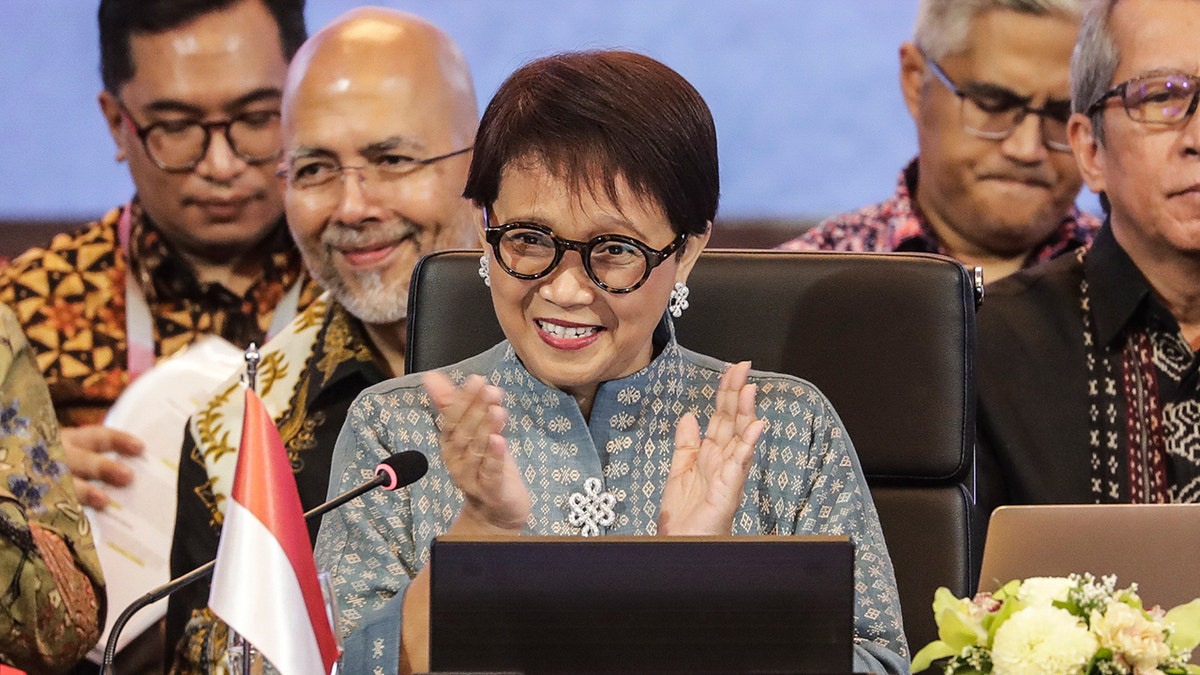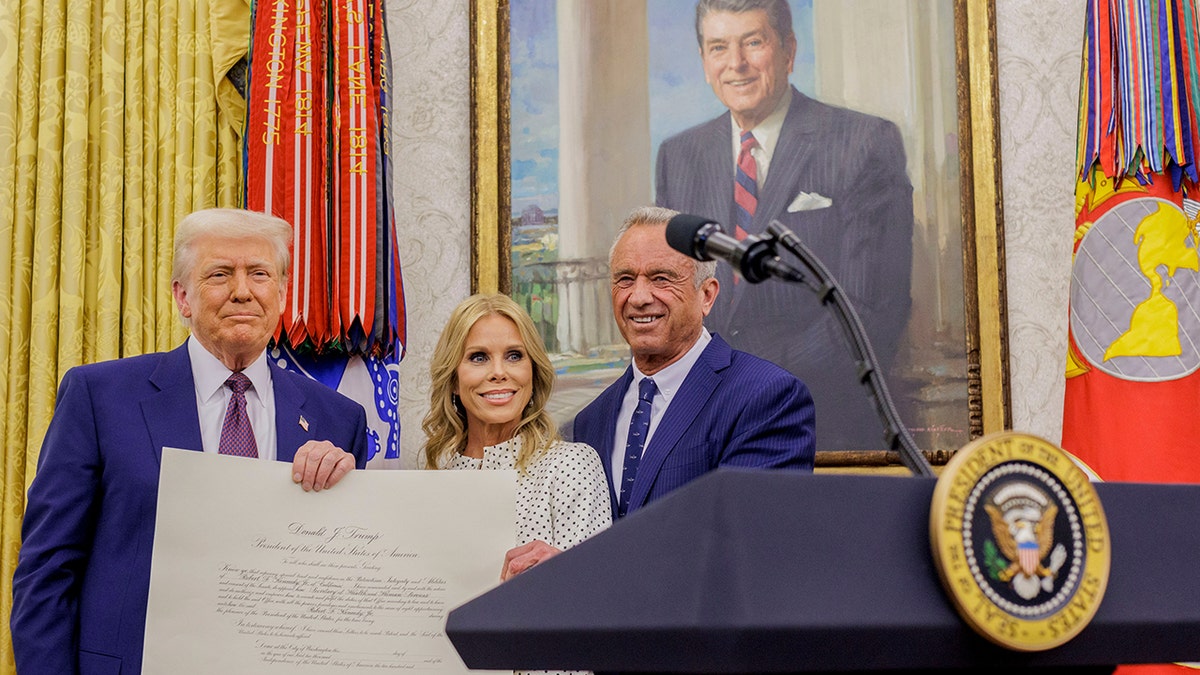Indonesia's Foreign Minister, Retno Marsudi, issued a stark warning about the escalating nuclear threat in Southeast Asia, stating the region is "one miscalculation away from apocalypse." Her remarks came just before the commencement of a two-day summit of the Association of Southeast Asian Nations (ASEAN) in Jakarta. The summit, focused on critical issues such as the ongoing crisis in Myanmar, South China Sea tensions, and bolstering regional economies amidst global uncertainties caused by the war in Ukraine, is overshadowed by the looming nuclear threat.
Marsudi stressed the urgency of the situation, urging world powers to ratify the Southeast Asia Nuclear-Weapon-Free Zone Treaty, a pact established in 1995 that aims to keep the region free of nuclear arms. She expressed concern that none of the world's major nuclear powers have yet signed the treaty, emphasizing that "we can no longer play a waiting game." A draft communique suggests that one nuclear power may finally be ready to sign the treaty, provided certain assurances are met. While the country remains unnamed in the draft, sources suggest it may be China.

The Myanmar crisis continues to be a major concern for ASEAN. The military junta, barred from attending the summit due to its refusal to address the ongoing violence, faces international pressure to implement the ASEAN peace plan. The plan calls for an immediate cessation of violence and a return to democratic processes. The junta's disregard for the plan has led to a division within ASEAN regarding the appropriate course of action. Thailand, for instance, has suggested easing sanctions and reintegrating Myanmar's military representatives into ASEAN meetings.
Adding to the complexity of the summit is the simmering tension in the South China Sea. Several ASEAN members have overlapping territorial claims with China in the region, a dispute further complicated by the increasing rivalry between China and the United States. ASEAN is pushing for a non-aggression pact with China to de-escalate tensions, but negotiations have stalled. The draft communique calls for restraint in activities that could exacerbate disputes and threaten regional stability.








